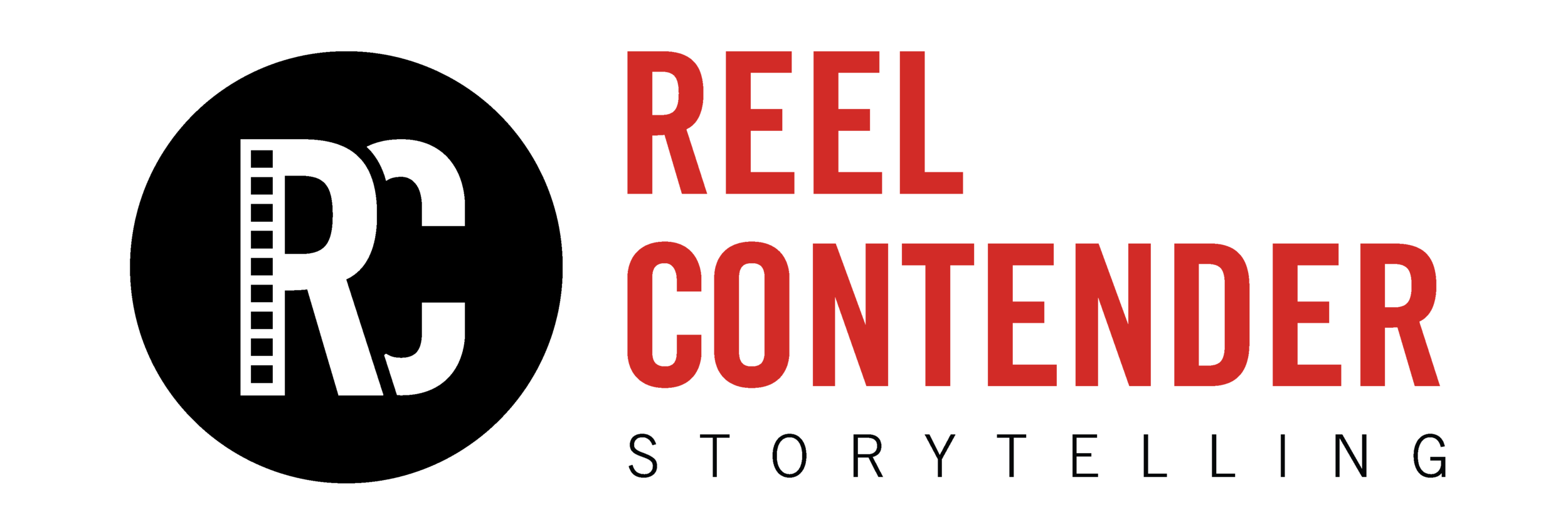Thor: Ragnarok's Hidden Theme
Written by Brie Porter
This last week, I had the pleasure of seeing Thor: Ragnarok. I have a lot of thoughts, but before we get into the dirty details, I just have to say—this movie is hilarious! I love director Taika Waititi’s humor, and I highly recommend checking out his other films (Hunt for the Wilderpeople, What We Do in the Shadows).
Ragnarok’s comedy is on point; no one seems to be arguing otherwise. But that’s not what I want to talk about. Instead, I’d like to discuss how this film has two themes: one that’s obvious, and another that’s a bit more subtle.
Mild spoilers ahead, so beware.
The main storyline follows the same journey as the first Thor movie. Thor’s hammer is taken away; he’s banished to an unfamiliar world; he makes friends and plans his return to Asgard. In the end, Thor realizes the power was inside him the whole time. Ugh. He’s “the chosen one,” which is pretty standard for a superhero story. We’ve seen this a million times, and it gets old. It feels like you know everything that’s going to happen before the movie even starts.
But here’s the twist: Thor’s newly discovered power is not enough to defeat the big bad guy (gal?). Not even close. His thunder makes for some flashy CG, but it isn’t enough to save Asgard. And that’s not very satisfying. The final battle is supposed to be won by our hero using the tools he’s gathered, right? So ultimately, what does defeat the forces of evil?
Let’s step back for a second and discuss theme. Lately, I’ve been studying The Anatomy of Story by John Truby. He defines “theme” as the main takeaway for the audience; it’s the one thing that the hero needs to learn. The hero carries some harmful worldview at the beginning of the story. The only way to reach a resolution is for our hero to confront their immoral viewpoint and change, or be destroyed. Think about Phil in Groundhog Day; he’s a jerk who must learn to have compassion. In The Lion King, Simba must return to assume the throne despite feelings of guilt and inadequacy.
What does Thor believe at the beginning of Ragnarok that is fundamentally flawed? Essentially, Thor subscribes to the “big stick” philosophy: those with the greatest physical power (or “stick”) have the right to rule. Thor’s “stick” is an awesome hammer. He travels around the cosmos, finding evil forces and beating them into submission. This isn’t necessarily a bad thing, as he saves countless lives. But the underlying belief here is that because Thor is the most powerful, he is able to choose what is morally just in the world.
This philosophy has worked for him up to this point, but it’s challenged in Ragnarok when Odin, the all-father, dies. Odin championed Thor’s world view and enforced the same morality on Asgard. Now enters the villainous Hela, who is much more powerful than Thor. She goes so far as to destroy Mjolnir, the symbol of his power. Rude.
In defeating Thor, Hela has stolen the role of moral steward in the world. According to Thor’s philosophy, Hela now gets to decide what is moral and just in this world. That doesn’t sit right with our hero (or the audience), but he’s not well-equipped to challenge the new norm. Hela moves to seize Asgard, and poor Thor is cast away to an unfamiliar planet.
Thor ends up in an arena that represents the extreme of his “big stick” philosophy—a gladiator ring. This section of the movie raises some troubling questions. Should society be run by those with the most strength? It can’t be okay to send those poor slaves (or, as the Jeff Goldblum prefers to call them, “prisoners with benefits”) to fight the Hulk for entertainment. Is there a better way to lead?
(As a side note, the Grand Master wields a literal big stick as a show of power. The power of melting people.)
Things get more complicated for Thor as he discovers that Odin was not always a benevolent ruler. Odin and Hela once ruled with an iron fist, conquering the galaxy. Now, Hela may very well be one of the most powerful beings in the universe. So what can Thor do?
In a twist, Thor makes the controversial decision to bring on Ragnarok, or the destruction of Asgard. Even with his new thunder power, he realizes he can’t truly win this fight. He gives up his ego to save his people, leaving the true monsters to duke it out.
So what is the real theme of Ragnarok? I’d phrase it like this: “Might does not make right.”
Thor comes to realize that being a leader is more than being the strongest man in the room. True leadership carries the responsibility of selfless decision-making. With this new wisdom, he assumes the role of captain of the Enterprise—I mean, Asgard—and the credits roll. We can only assume that Thor is changed for the better.
I really like the concepts presented in this movie. Good movies inspire discussion, and Thor: Ragnarok has certainly done that for me. The comedy-infused narrative has more to offer than your average cliche “chosen one” story.
At the end of the day, this movie is just plain fun. I need a re-watch, if only to see Thor throw Loki again. That’s a fine takeaway, as well.
My rating: 7 / 10




